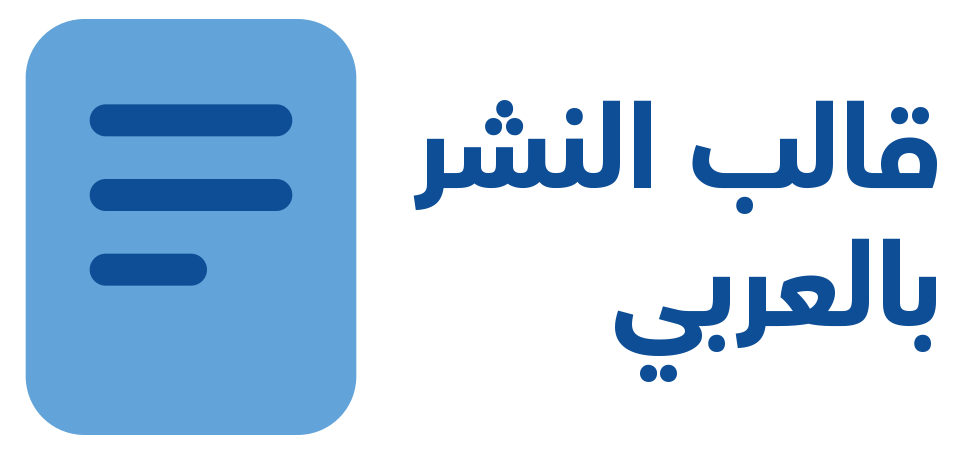Methods of teaching English adopted by Libyan teachers affect students' speaking
Downloads
Abstract
Speaking skills is essential issue in teaching and learning operation. Recently, it has been valued as a skill, speaking enables learners to express their thoughts and opinions. Therefore, the aim of new methods of teaching is to improve students' communicative skills. Hence, this study tries to find out if there are any problems when students attempt to use the target language while working in oral activities. It will see if methods of teaching that used by Libyan teachers have an impact on learning speaking.
When speakers want to attain any purposes they need to use suitable expressions to get these purposes. They added that speaking in the early years when communicative teaching was employed is considered as just how to produce the language and the other skills were ignored, but recently there has been a tendency to associate speaking with listening because the listener can shape the discourse with the speaker.
It has been noticed that students in Libyan secondary schools face difficulties when they try to communicate and when trying to express themselves in English language, although they spend more than six years learning English at schools.
EFL Libyan teachers still employ the grammar translation approach as the method in teaching and learning the English Language in secondary schools where their considerations is on explaining the grammatical structures. Beside to this they usually rely on translation investigations about the causes of lack of using punctuation marks by Libyan EFL learners. - This paper, for reasons states at the outset of this study, has only looked at the lack of using punctuation marks, further research is needed to investigate the misuse of punctuation marks by Libyan EFL learners.







